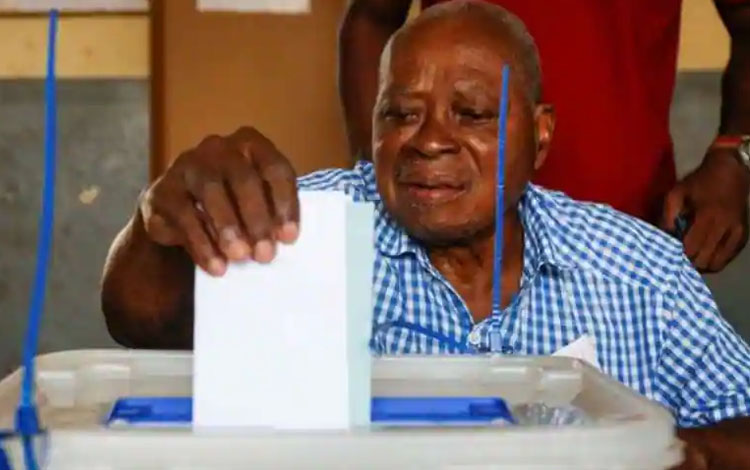(3 minutes read)
· Wire agency Reuters has reported a day ago that the country’s ruling party won 58% of seats in parliamentary elections
· That would strengthen President Alassane Ouattara’s position to carry out his agenda
· Many predict that it would also lead to concentration of power in one person
Wire agency Reuters has reported a day ago that the country’s ruling party won 58% of seats in parliamentary elections. That would strengthen President Alassane Ouattara’s position to carry out his agenda. Many predict that it would also lead to concentration of power in one person
Wire agency Reuters has reported a day ago that the country’s ruling party won 58% of seats in parliamentary elections. If that is true, that would strengthen President Alassane Ouattara’s position to carry out his agenda. Many predict that it would also lead to concentration of power in one person.
Ouattara’s party -Rally of Houphouëtists for Democracy and Peace (RHDP) party-took 147 of 255 seats.
Ouattara’s party and its allies faced a combined challenge from opposition parties led by two of his predecessors, Henri Konan Bedie and Laurent Gbagbo. But they failed to mount a sufficient challenge.
In the meanwhile , Ivory Coast opposition party, the Democratic Party of Cote d’Ivoire (PDCI), has claimed majority victory in the
just-concluded parliamentary election held on Saturday. However, there is no official communication to the assertion of the party’s claim. They also said that the victory would be manipulated by the ruling alliance. Claims and counter claims of victory is a common phenomenon in the African politics.





